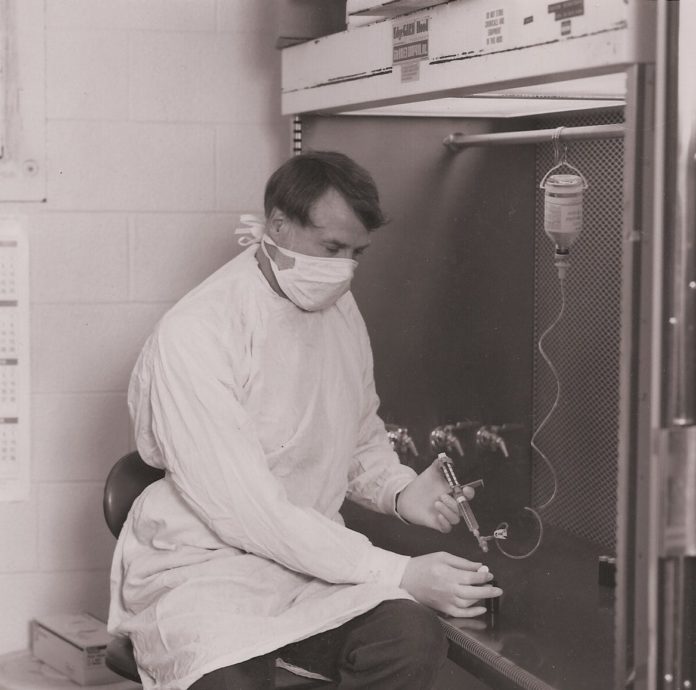“P” is the co-inventor several vaccines to protect infants from meningitis. Before the vaccines were available, meningitis killed or seriously injured hundreds of thousands of children throughout the world. Because “anti-vax” zealots can be dangerous, he asked that we refer to him only as “P” in this article. He provided us with more than 80 published articles and several patents to back up his account.
“P” says that the value of vaccines is generally overlooked because once-common serious diseases prevented by vaccination have largely disappeared from public attention (until the recent measles outbreaks). Other good examples of diseases held in check by vaccines are diphtheria, pertussis (whooping cough), tetanus (lockjaw), and polio. And he jokes that, “Vaccination is the branch of medicine that has no grateful patients, and its benefit is appreciated only by statistics!”
For example, meningitis due to Haemophilus bacteria used to afflict roughly one in 400 children per year in the United States. This may seem minor but, with our four million births per year, it represents 10,000 kids annually. When pediatricians inject 400 babies, all 400 cry and their parents worry. If the vaccine is perfect, on average one life-threatening infection is prevented, but we don’t know in which child. Only careful examination of many health records shows the effect. Meanwhile, if a child naturally falls ill soon after vaccination, it is easy for parents (or their lawyers) to blame the vaccine. Like any intercession, vaccination is not perfect; only by looking at health statistics comparing many vaccinated vs not-vaccinated kids over time can we distinguish causation from bad luck. In a major example that originated in a falsified article that has been retracted, the combined vaccine to prevent measles, mumps & rubella (MMR) has unfortunately been blamed for autism by the dangerous “anti-vax” movement.
The data say “not so!” For example, Danish medical scientists reviewed the records over 11 years of 650,000 children who did or did not get the MMR vaccine. They reported in March 2019 “the study strongly supports that MMR vaccination does not increase the risk for autism.” (Meanwhile, vaccine usage has declined, and measles incidence is rising). “P,” who himself is believed to be on the autism spectrum, is sympathetic that some children – with or without vaccination – suffer severe autism and regrets that their parents often fall victim to peddlers of dubious theories and cures. The disease is complex, partly genetic, and not well understood by medical science. “P” asserts that only sources using public health methods, such as the American Academy of Pediatrics or the Centers for Disease Control and Prevention (CDC), should be trusted with advice about vaccines.
“P” graduated from public schools, earned a B.A. in chemistry, and worked for three years on plant diseases in Central America, where he observed firsthand the many problems faced by poor children in underdeveloped countries. He later earned M.A. and Ph.D. degrees in the study of bacteria. Believing that the disadvantaged needed better access to education, he taught sciences at a historically Black college in Alabama. He began vaccine research in 1968 with a group of pediatricians in the Northeast.
Following an honored but risky tradition, they tested early recipes first on themselves and fellow doctors. Their vaccine against Haemophilus meningitis was approved for use in infants by the U.S. Food & Drug Administration in 1990. They then turned to Pneumococcus – bacteria commonly causing pneumonia in adults – but also meningitis in kids. Their Pneumococcus vaccine (now described as ‘Prevnar’) was approved for infants and introduced in 2000. They credit the U.S. National Institutes of Health and the USFDA’s Center for Biologics Evaluation & Research for support and guidance. Meningitis can be caused by a variety of bacteria, and vaccination against some of these is still under development.
“P” is the recipient of numerous awards for his contributions to public health. Now, while enjoying tennis, boating and music in South Florida, he continues to consult part-time on the prevention and treatment of bacterial diseases.






